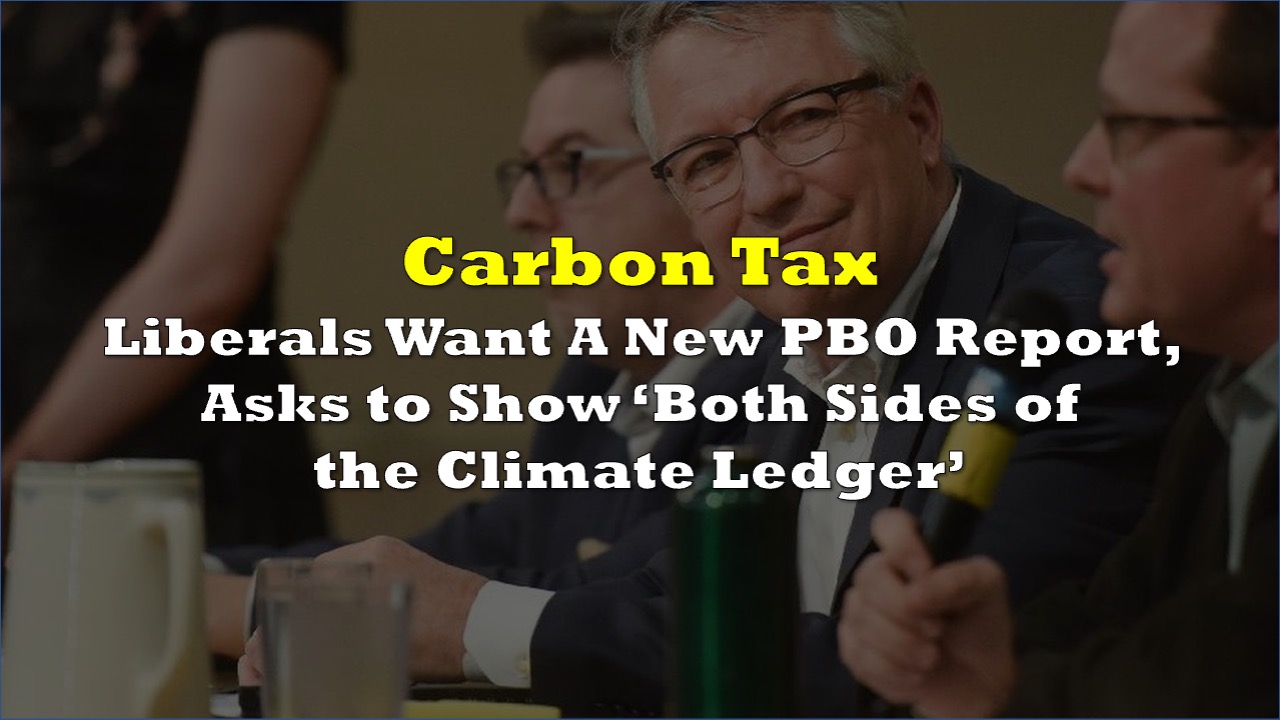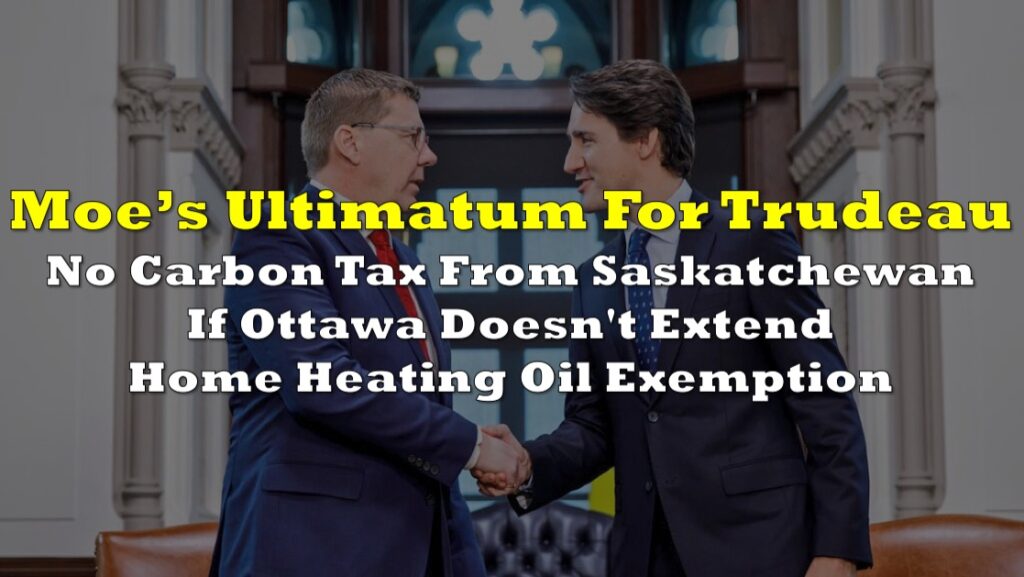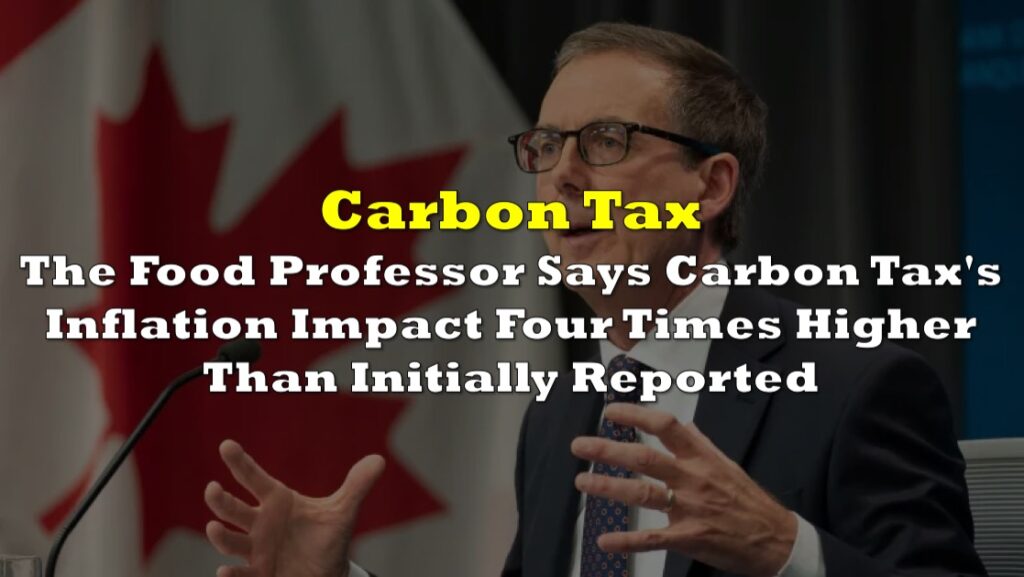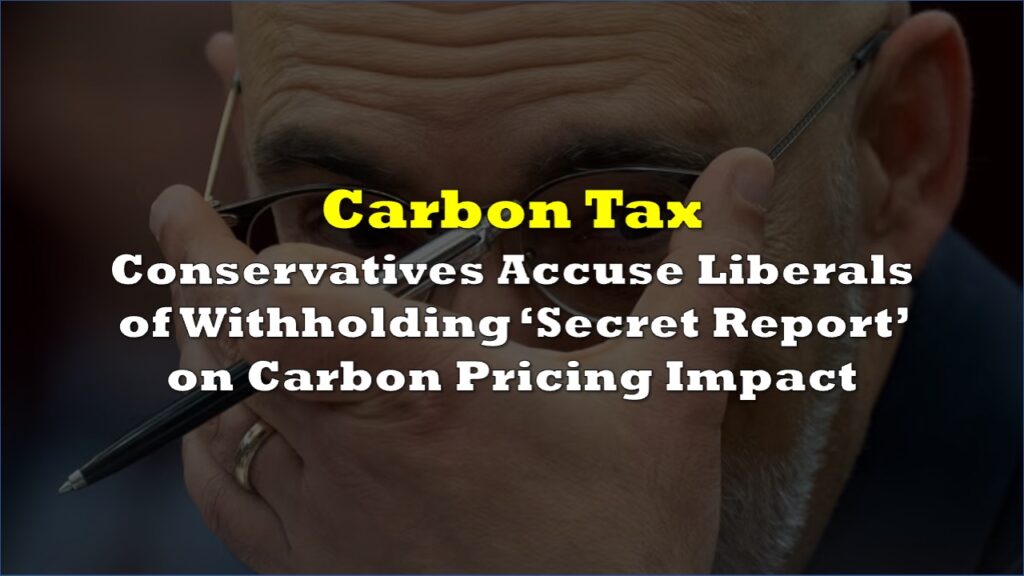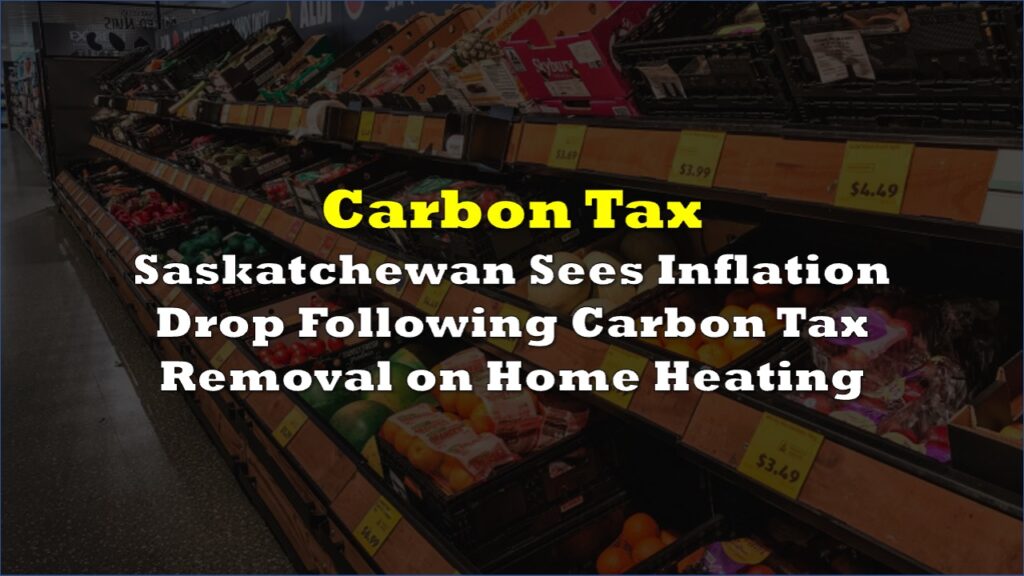A Liberal MP has formally requested the Parliamentary Budget Officer (PBO) launch a new study on the economic impact of the carbon tax after a recent report showed that most households will see a net loss.
Lloyd Longfield, an MP from Guelph, asked PBO Yves Giroux in an open letter to “launch a new study that integrates both sides of the climate ledger” into the budget officer’s assessment of the impact of the federal charge on Canadian household finances.
In the March 30 PBO report, Giroux said that “when both fiscal and economic impacts of the federal fuel charge are considered, we estimate that most households will see a net loss.” Their analysis found that “most households will pay more in fuel charges and GST—as well as receiving slightly lower incomes—than they will receive in Climate Action Incentive payments.”

In his letter, Longfield emphasized that the PBO’s analysis did not consider the cost of climate inaction.
“I was therefore more than deeply perplexed, I was shocked, when I read in your distributional assessment of the federal fuel charge that the PBO analysis ‘does not attempt to account for the economic and environmental costs of climate change.’”
The MP referred to PBO’s November 8, 2022 report, “Global greenhouse gas emissions and Canadian GDP,” which found that rising temperatures from greenhouse emissions had already cost the Canadian economy $20 billion by 2021.
Longfield is seeking “recognition of the economic benefits that pollution pricing induces through energy-saving measures,” citing examples such as installing electric heat pumps to replace oil furnaces in homes, or the lifetime cost savings of owning a Zero Emission Vehicle compared to an internal combustion engine, or a myriad of other fuel-saving measures across the economy.
“To ignore the impact of these developments does a disservice to the public debate about how best to tackle climate change,” the MP argued.
The Liberals have firmly contended that the quarterly rebates would cover the cost of the carbon tax — until last weekend when Environment Minister Steven Guilbeault admitted on CTV’s Question Period in an interview that aired on Sunday that on average, households may end up paying more.
“If you do the average, yeah, it’s true, it’s going to cost more money to people, but the people who are paying are the richest among us, which is exactly how the system was designed,” Guilbeault told host Vassy Kapelos.
“So the rich pay more for their carbon consumption and their carbon pollution, and we’re supporting, through the transition, middle class Canadians and low income Canadians, and that’s exactly what we’re doing,” he added.
While Longfield asks for a broader perspective, the Liberals have also long avoided the broader impact of raising carbon pricing. According to an analysis by the Globe and Mail’s Patrick Brethour in October, by hiking carbon pricing, spending and investment in carbon-intensive activities and industries will be less affordable and therefore discouraged.
From this, larger changes in the economy would occur, and those changes will usually mean lost jobs and forgone investments. And once those changes start to happen, low-income households will have less to benefit.
Information for this briefing was found via National Post, and the sources and companies mentioned. The author has no securities or affiliations related to the organizations discussed. Not a recommendation to buy or sell. Always do additional research and consult a professional before purchasing a security. The author holds no licenses.

